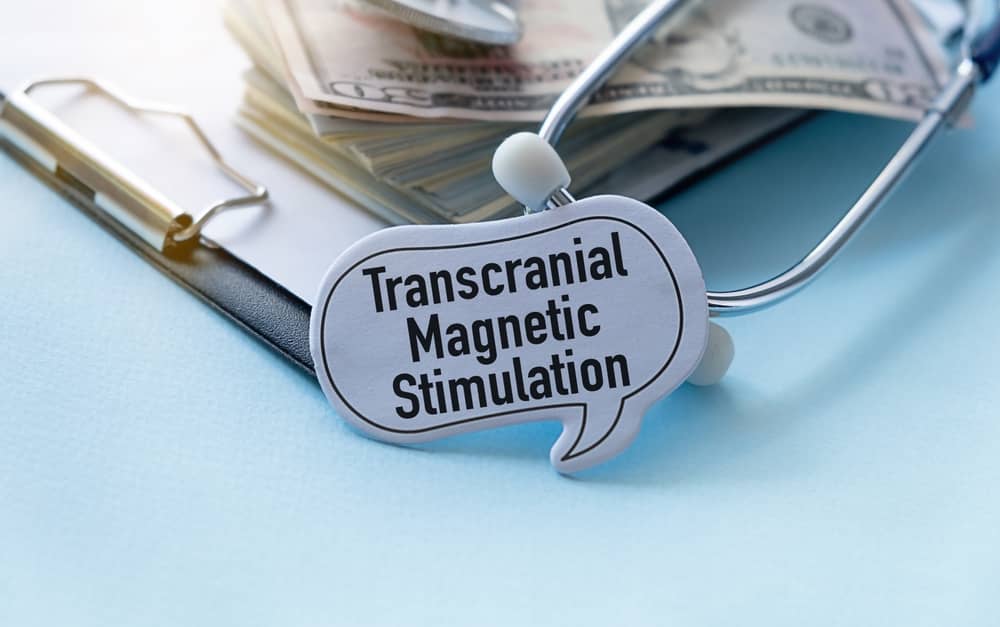Introduction to TMS
Transcranial Magnetic Stimulation (TMS) is an innovative and non-invasive treatment that offers new hope for individuals dealing with depression, especially when other treatments haven’t worked. Approved by the FDA, TMS is known for its potential to ease depressive symptoms, providing a promising alternative for those in search of relief.
Navigating mental health and addiction treatment can be overwhelming and anxiety-inducing. TMS offers a new avenue for those seeking relief, shining a light on a promising path toward recovery.
How TMS Works
Simply put, TMS uses gentle magnetic pulses to stimulate the nerve cells in your brain that are connected to mood regulation. By focusing on these specific areas, TMS helps to reactivate the brain’s natural neurotransmitter systems, potentially restoring balance and reducing the symptoms of depression.
A typical TMS treatment involves sessions lasting 20 to 40 minutes that are conducted over four to six weeks. Because this schedule requires a strong commitment, it’s important to have a system of support and understanding from family, friends and healthcare providers.
Traditional TMS vs. Deep TMS
What is the difference between TMS and deep TMS? Deep TMS is a variation of the standard TMS. It employs a different coil design that enables the magnetic pulses to penetrate deeper into the brain. This capability allows Deep TMS to potentially influence areas that are not as accessible with traditional TMS, which uses a figure-8 coil that focuses on more superficial brain regions.
Because these treatments reach different depths in the brain, how well they work and which afflictions are best suited differ as well.
Choosing the Right Treatment
Deciding to pursue TMS is a big decision that requires speaking with a healthcare provider experienced in administering these therapies. While both TMS and Deep TMS are known for their safety and non-invasiveness, one treatment may be a more suitable option for you over the other. For instance, if you’ve tried other things for depression that haven’t worked, Deep TMS could be a new source of hope.
The Takeaway
Talking with a professional is an important step in creating a treatment plan that works best for you. If you’re thinking about this therapy, reaching out to the specialists at Fountain Hills Recovery could be your first step towards feeling better and regaining your wellness.
At Fountain Hills Recovery, we offer the revolutionary BrainsWay Deep TMS™ — an FDA-cleared therapy technique for treatment-resistant disorders and addiction. We recognize that everyone’s path to mental wellness is unique and provide a range of treatments designed to meet your specific needs. Remember, mental health is just as important as physical health and seeking proactive care is key.
Start your journey to better mental health today. Call us at (800) 715-2004.





